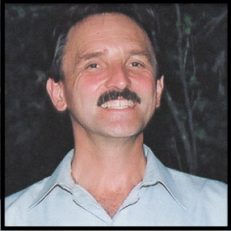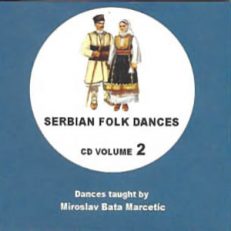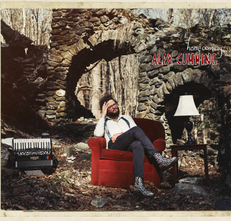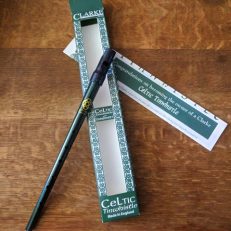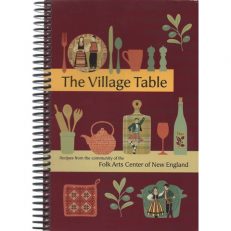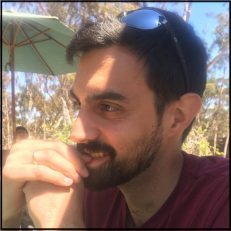Description
Digital files for fifteen dances from Alex’s Serbian dance workshop, from May 15, 2021.
- Music: $20
Dances included
- Bugarcica_Demiran Ćerimović orchestra
- Bugarčica_JužnoMoravsko Kolo-Bakija Bakić orchestra
- Bugarka – Mladi Talenti orchestra
- Gilanka- orchestra BITONIA & Koki
- Gilanka- Vallja e Gjilanit- Murat Ismajli Afrim Aliu Band
- Gilanka- Vallja e Gjilanit, by AKV Gjilani with zurle
- Gilanka- Vallja e Miratovces- Murat Ismajli Afrim Aliu Band
- Niška čočečka igra_Bakija Bakić orchestra
- Niški Čoček_Bakija Bakić orchestra
- Nišovačko-Zavrzlama tune, Ekrem Mamutović orchestra
- Pembe oro
- Pembe_Bakija Bakić orchestra
- Selka_Božidar Ajredinović orchestra, 1982 album
- Vranjanka_Bakija Bakić orchestra
- Vranjanka_Puče Puška tune medley – Ekrem Mamutović Orkestar- Diskoton LP 8069
A set of 15 pieces of music from Alex Marković’s Serbian dance workshop, part of FAC’s online Saturday workshop series.
The Ottoman Empire lost southern Serbian regions to the emerging Serbian state in 1878, leaving strong influences on local culture after several centuries of imperial rule.
For this workshop Alex surveyed a variety of traditions from the area, with a few dances that span the spectrum from rural Serbian and Albanian dances to urban Romani and Serbian repertoires. In addition to learning steps he looks at dance styling, too, breaking down how rural versus urban traditions and various ethnic traditions differ from each other.
About Alex
Alex Marković has an M.A. and Ph.D. from the Department of Anthropology at the University of Illinois-Chicago. He wrote his doctoral thesis on identity politics and musical performance among Romani brass musicians in Vranje, Serbia, conducting 17 months of field research in the area. His academic interests include music, dance, and ritual in the Balkans, ethnic identity and nationalism, the anthropology of performance, and ethnomusicology.
In connection with his academic interests, Alex actively researches and teaches folk dances from the Balkans, particularly Serbian, Romani, and Greek. He has been dancing since he was 7 years old, beginning in Chicago’s Serbian community, then joining various Chicago-based Greek groups, and later diving into Romani dance culture as part of his doctoral research in southeastern Serbia. He enjoys giving workshops on Balkan folk dance for folk dance clubs and festivals throughout the U.S., such as for the East European Folklife Center’s annual weeklong music & dance camps.
After payment is received, a confirmation email will be sent with a link to download the materials from WeTransfer; the link will be active for one year. The license provided to you is limited to your personal use. By using the link, you agree not to share the files.


